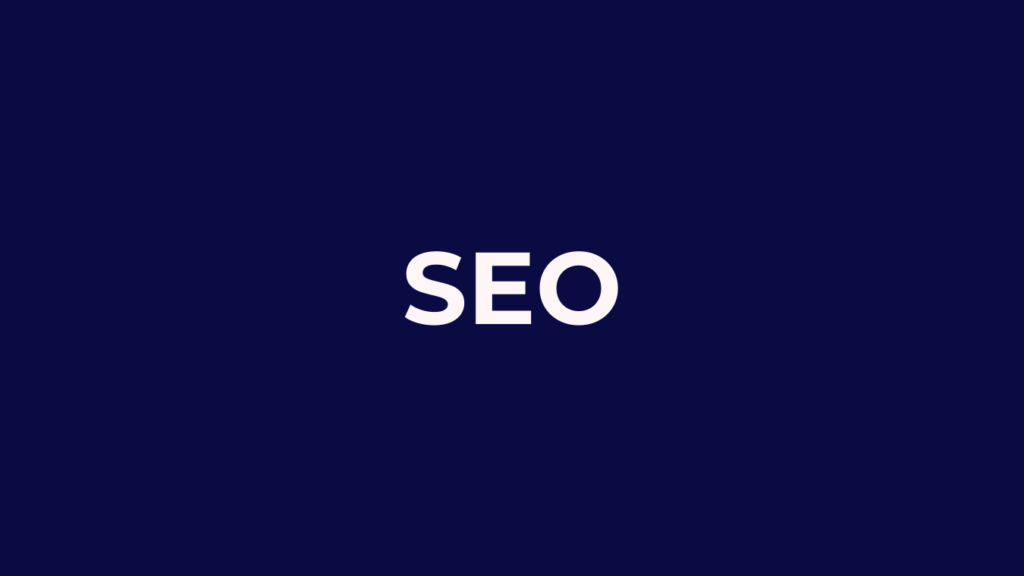As I had a few awesome conversations on Twitter this last week I realized that some of you that are reading my content are very young, or even brand new, in the webspace. For that reason, I want to take a full step backward and make sure people understand some of the terminology and buzzwords. If you are anywhere on the internet or tech world you will hear "SEO, SEM, CPC" and more. Other digital marketing strategies, for example, email marketing, paid search, and search retargeting have very clear, undisputed definitions. The definition of SEO, on the other hand, seems to be just as unclear as the practice itself. I'll define SEO for you now and it should help you know what SEO stands for.
Current Definitions of SEO
Even when you Google the expression, "definition of SEO", nothing really solid is returned, just loads of sites that vaguely talk about it as a 'static' thing.
Wikipedia's official definition is, "the process of affecting the visibility of a website or a web page."
Search engine optimization is about way more than this.
Webopedia's definition is, "a methodology of strategies, techniques and tactics used to increase the number of visitors to a website by obtaining a high-ranking placement in the search results page of a search engine (SERP) -- including Google, Bing, Yahoo, and other search engines."
Search Engine Optimization is more than this as well.
So what is an accurate description of SEO given the changes to the industry over the last few years and many algorithm changes?
SEO is currently a widely inclusive methodology to optimizing an entire web presence for organic search including the website, social channels, articles, editorial content on blogs, and even press releases. Additionally, "by the book" systems, strategies, techniques, and tactics are still used, but content marketing and social media are more firmly rooted in what ranks well.
"Content is King" and also while content is the King, it doesn't mean anything unless the King has a strong castle.
What this means is you must optimize your on-site experience for A+ usability. Your site should have great content but should also be easy to navigate, responsive (works on all devices), and allow customers to easily digest your content. Again, what good is Content (the King) if he doesn't have a strong Castle to keep him safe. While 5 years ago SEO used to be about meta information and keyword research it is now about engagement, content, and user experience.
Now, What's Your Definition of SEO?
Here are some new meanings of SEO to consider, and I welcome you to comment on this post with your own thoughts and definitions.
- SEO is the continuous methodology of uncovering and finding non-branded keywords that are driving organic search traffic and conversions, then distributing content optimized for those specific keywords or phrases.
- SEO is the process of creating optimized content that is discoverable by the intended audience as they progress/advance through the buying cycle. (This is after you define where and what your buying cycle actually is)
- SEO is about a prospect discovering a brand's content and web presence through search and social, and the manager of that content having the capacity to understand who consumed the content and the impact, or impact, of the content across the business.
- SEO is the result of a content marketing strategy that makes utilization of highly converting keywords that your target audience is searching on. We call those "magic beans".
- SEO is the methodology of promoting the visibility of a brand in organic search results.
SEO in the digital marketing mix is, and has been, a great way to grow your business naturally as people seek out your content and products. Institutionalizing a definition of SEO will help purchasers or visitors better understand the importance of it, the reason for spending time on it, and the short and long-term impact an SEO strategy has on the success maintenance, and growth of your brand online. It might not be an overnight thing (actually it takes a year(s) to get solid traction) but it should be something to invest your time and energy in.

